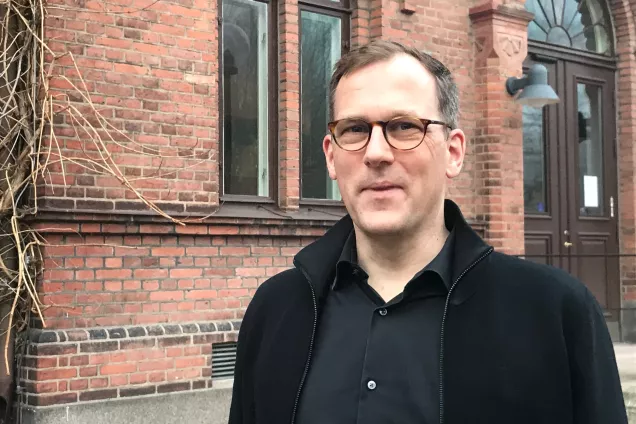Why is your work important?
Search and search engines have become increasingly invisible in our everyday online practices. As a consequence, we take them often for granted, without reflecting about what they do to us in terms of e.g. politics, economy, and epistemology. Search engines are the invisible infrastructure that establish what we know and what is possible to know. Our work is about making search discernable, and to relate questions around search to questions about literacy: What does the general public need to know about search and search engines?
Can you tell us how your work in the Theme has progressed so far?
We have had great seminars every week; some weeks we have hosted invited guests and other weeks we have focused on reading seminars and our own research. We are planning a magazine on Medium.com with research notes, interviews, and videos, and have started collecting and producing materials that we will publish there in the spring. Finally, we have come far in our planning for a symposium in September.
You have invited Dirk Lewandowski to join the Theme. What can you tell us about the plans for your collaboration?
Dirk is one of the leading researchers on search engines in Europe and we are very happy to have him as a guest researcher for almost four months. His expertise, developed over many years, makes him an extremely valuable resource and partner for us. He has a very broad overview of the research field at the same time as his own methodological specialization and network of collaborators brings something new to the group. His expertise complements our group in a very important way, with his tight focus on search and its engines and his technical skill. We will immediately start working on plans for our symposium, in which he will obviously have an important role. We also plan to work on co-authored articles and to investigate funding possibilities for future research.
The Theme is currently working exclusively online, yet Professor Lewandowski is actually arriving in Lund the first week in March, what will this mean in terms of working together?
We are delighted that Dirk could make it to Lund. A journey that normally is so simple has turned out to be an adventure that demands weeks of planning. For us it means a lot to have him in Lund. Although we mostly will work on a distance for still some time, it will mean possibilities to meet on a personal level – walking and talking together, and with carefully arranged meetings at the Pufendorf Institute. Meeting online works for some tasks, but over the past year many of us have learned the importance of physical meetings.
Yes indeed, such meetings have always been essential to the Institute, so we definitely see this. Yet, we are really encouraged by how well you and the other Themes and ASGs have been able to adapt and adjust to digital meetings and online work.
Now that you have come this far; what are your visions for the Theme, what do you hope it will lead to?
The growing invisibility of search and search engines concerns not only the general public; researchers often turn a blind eye to search and its engines. We want to bring search and search engines back into focus for researchers across disciplines. Social media research draws a lot of attention, while search engines – constituting the node of the open web – often fall into the shadows. One strategy we are pursuing is the establishment of a network of search engine researchers in Europe; that is a central goal of our final symposium. Our Theme and its focus on search and search engines will not end in the summer; the intention is to continue our work together.


